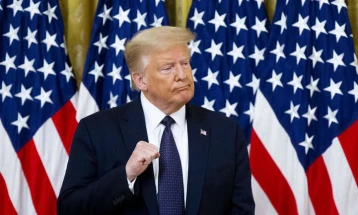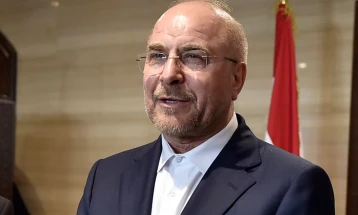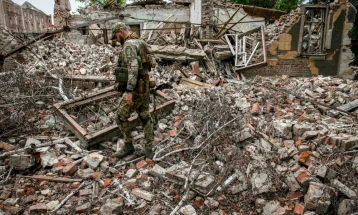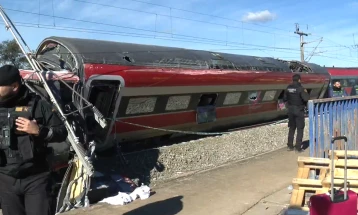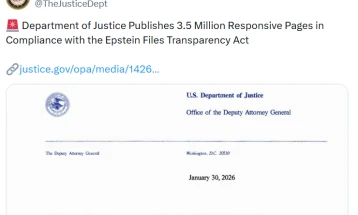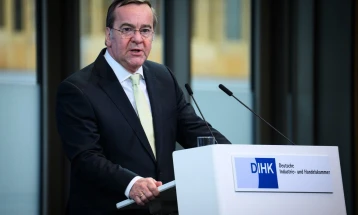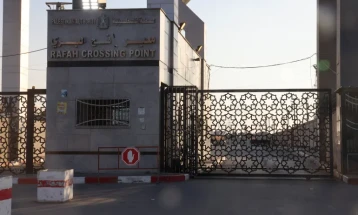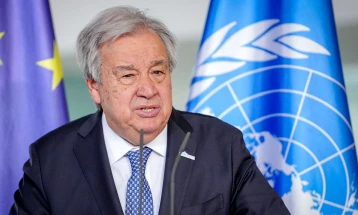Iran agrees to further nuclear inspections
- Iran will allow international inspectors to carry out closer inspections of its nuclear facilities, according to an joint statement by the International Atomic Energy Agency (IAEA) and Iran's Atomic Energy Organization (AEOI) on Saturday.
- Post By Silvana Kocovska
- 11:10, 5 March, 2023
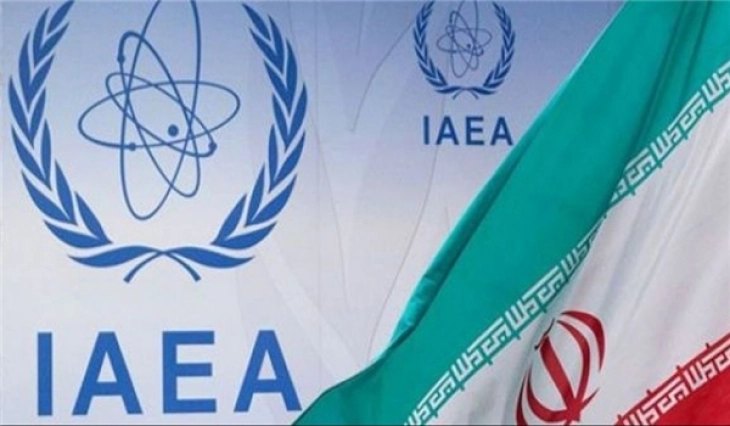
Tehran, 5 March 2023 (dpa/MIA) - Iran will allow international inspectors to carry out closer inspections of its nuclear facilities, according to an joint statement by the International Atomic Energy Agency (IAEA) and Iran's Atomic Energy Organization (AEOI) on Saturday.
Details of the inspections still need to be clarified, the two organizations said in their statement.
The IAEA's cameras are also to be put back into operation, after they and other monitoring equipment were dismantled last year, IAEA chief Rafael Grossi said.
"We have put a tourniquet on the bleeding of information and the lack of continuity of knowledge we had," Grossi told reporters in Vienna after returning from his trip.
Tehran is also allowing more frequent visits by inspectors to the underground Fordo nuclear site, Grossi said.
His comments came after he returned from Iran, where he met officials to improve cooperation over the nuclear issue.
Iran has been enriching uranium to a purity level of 60%, leading to fears this could be further processed for nuclear weapons, which require a 90% purity level.
IAEA inspectors also found traces of uranium with a purity level of just under 84% at a facility in Fordo, Grossi said earlier in the week.
But Grossi said that his talks in Tehran had been marked by a cooperative atmosphere, despite the discovery of the highly enriched uranium.
Grossi said the talks with government representatives were held in "an atmosphere of work, of honesty and cooperation." The dialogue continues, he told a joint press conference with Iran's nuclear chief Mohammad Eslami earlier.
Eslami said a plan had been worked out with the IAEA to resolve the outstanding issues. "We hope Grossi's visit will lead to professional cooperation in the future," Eslami said.
He also announced an international nuclear conference in Tehran.
Eslami stressed that Iran does not enrich uranium above a purity level of 60%.
Grossi also met Iran's President Ebrahim Raisi and Iranian Foreign Minister Hossein Amirabdollahian.
The Foreign Ministry said Amirabdollahian underlined Tehran's willingness to resolve technical issues surrounding controls on Iran's nuclear program as soon as possible.
The United States and Israel recently expressed concerns that Iran could be coming closer to being able to develop and build nuclear weapons.
The latest agreement comes ahead of the start of a regular meeting of the IAEA board of governors on Monday. It has criticized Iran twice in the past for failing to cooperate with the IAEA.
Iran had pledged to limit its nuclear programme after the Joint Comprehensive Plan of Action, known as the JCPOA, was negotiated with former US president Barack Obama's administration in 2015.
In return, Western sanctions were lifted. The JCPOA was intended to prevent the authoritarian-ruled country from joining the circle of nuclear powers.
Under Obama's successor, former US president Donald Trump, the US withdrew from the agreement in 2018. Tehran responded by expanding uranium enrichment and restricting IAEA inspections.
Negotiations to revive the agreement are on hold. Iran maintains its nuclear programme is for civilian purposes only.
